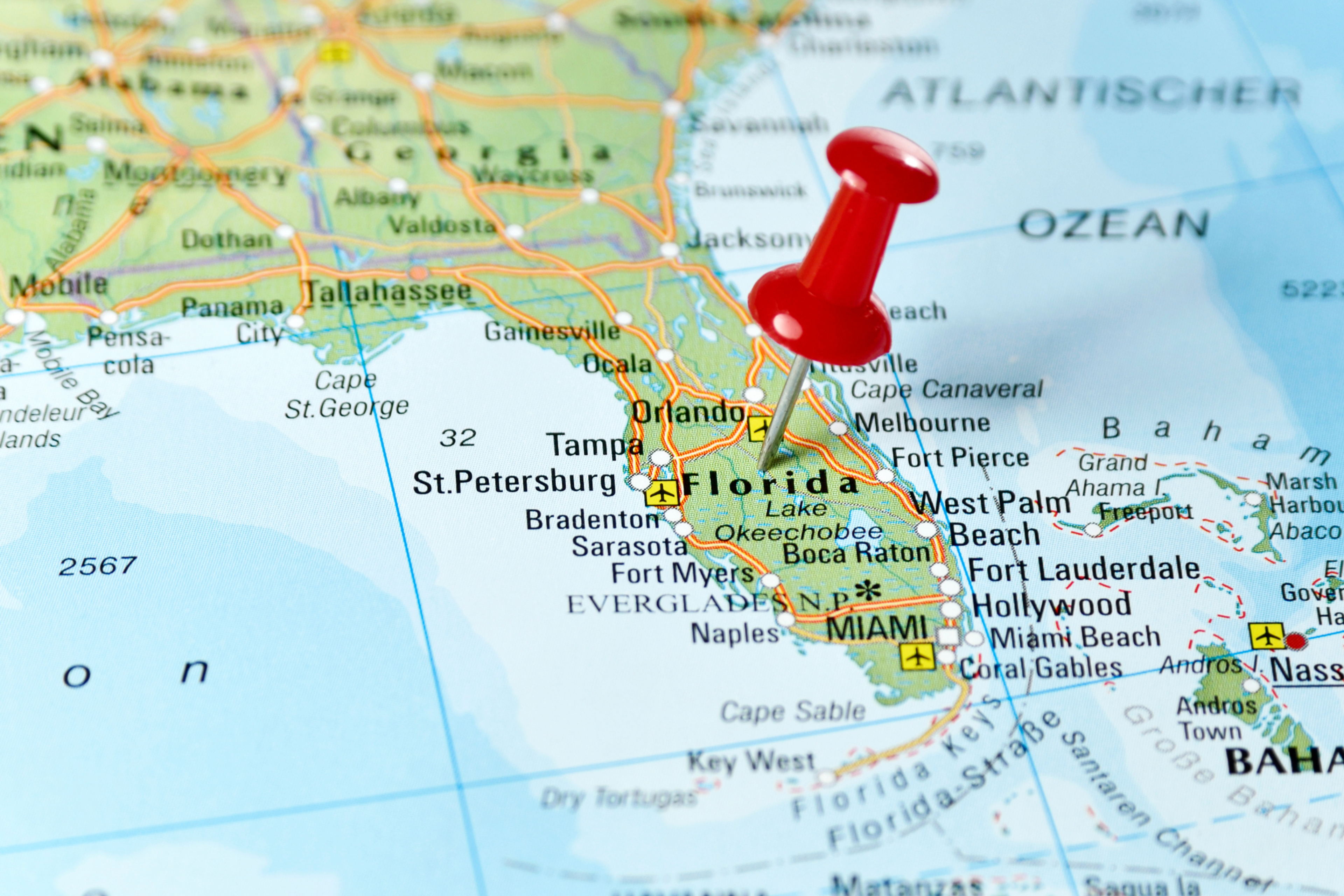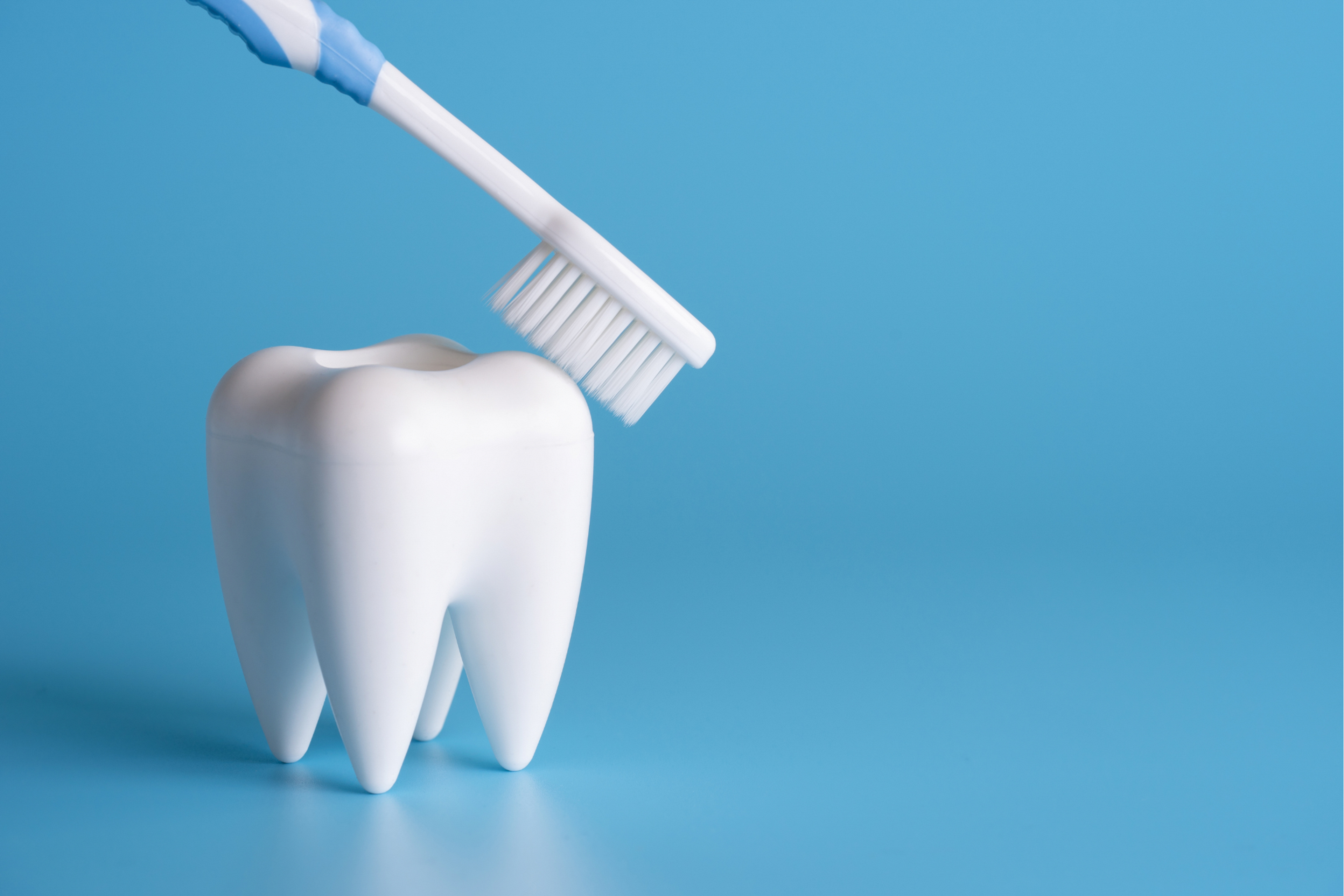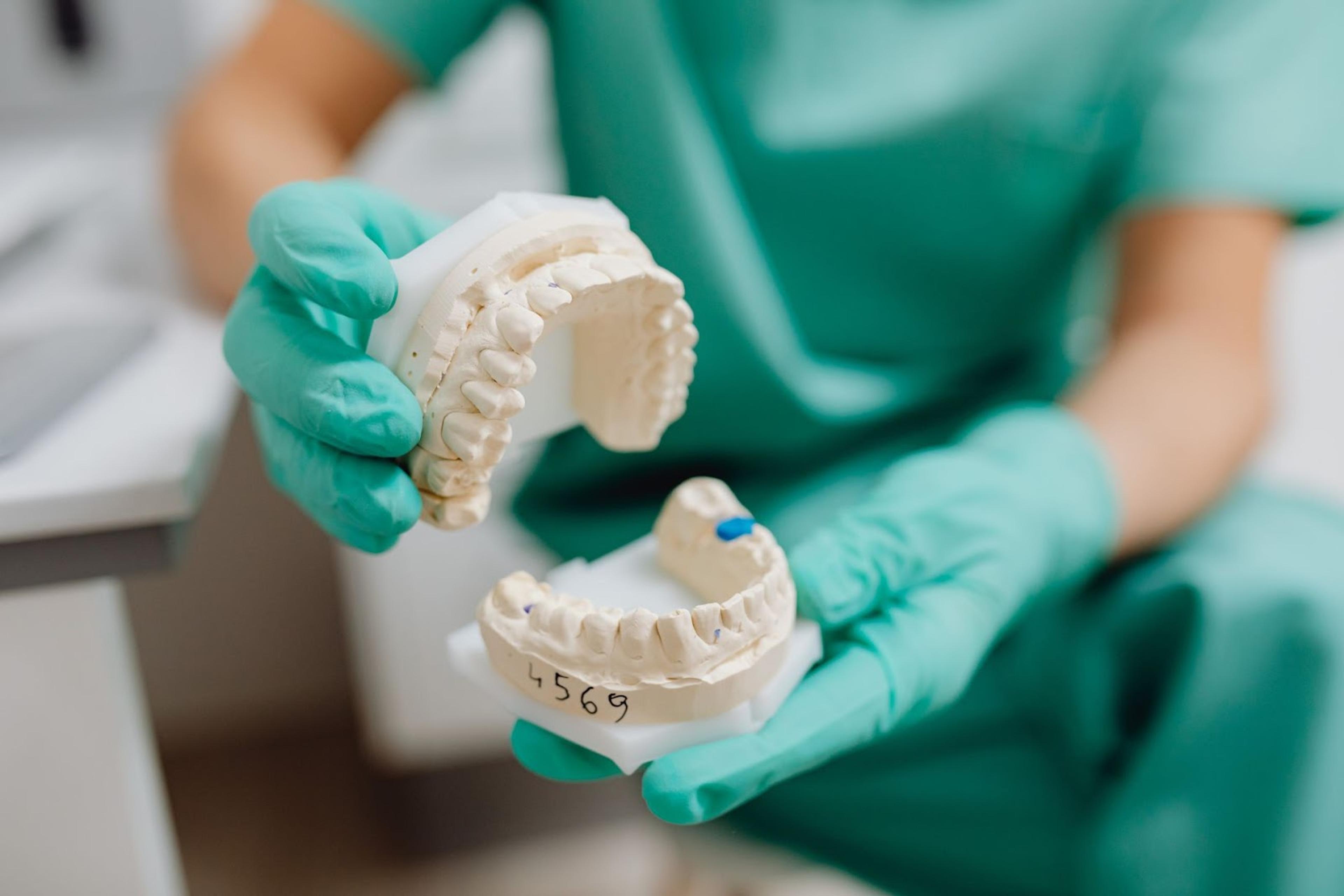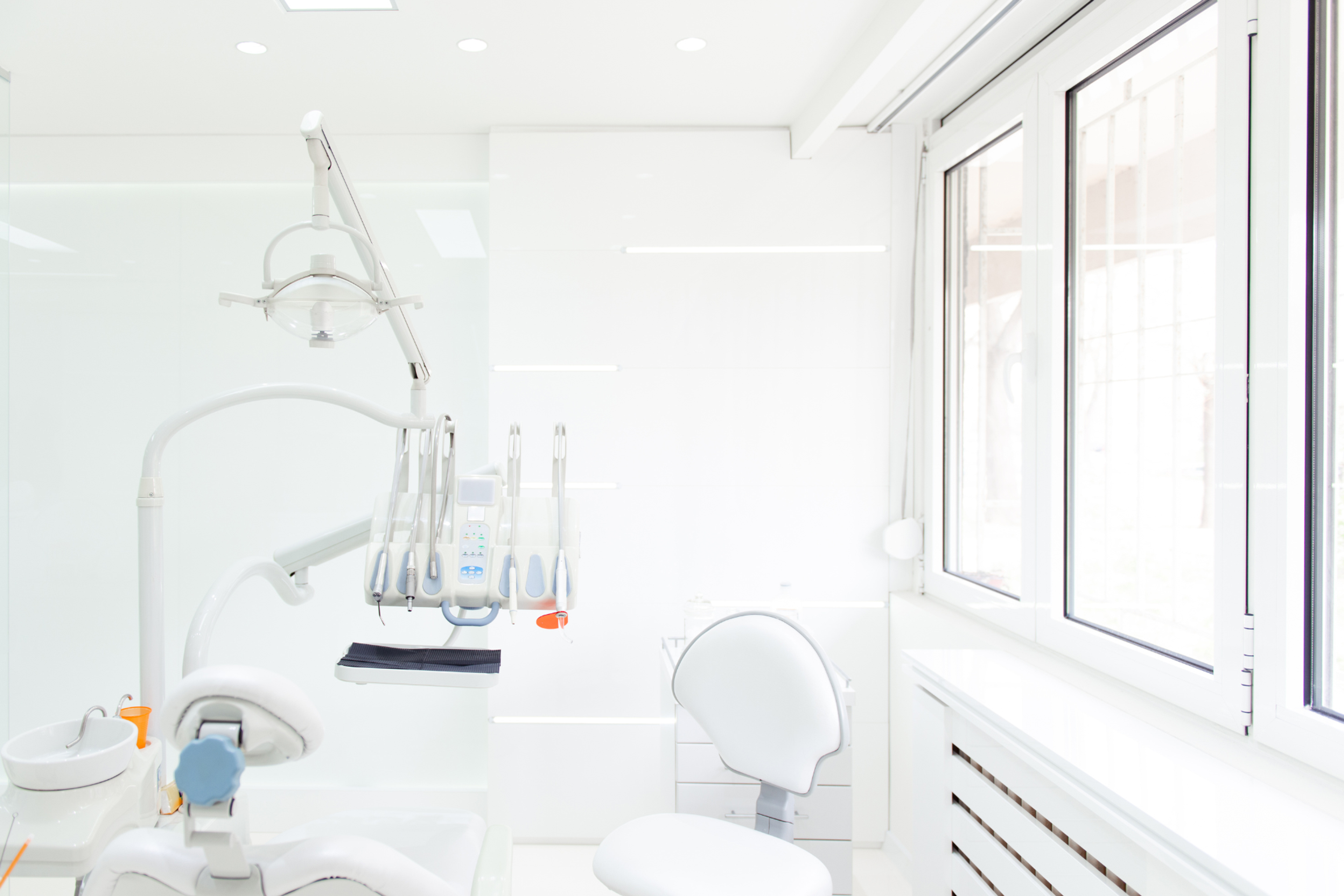Creighton Dental School: Requirements, Acceptance Rate, & Tuition (2025)
Learn how to get into Creighton Dental School with 2025 admissions requirements, estimated acceptance rate, tuition costs, and expert application tips.
Posted April 17, 2025
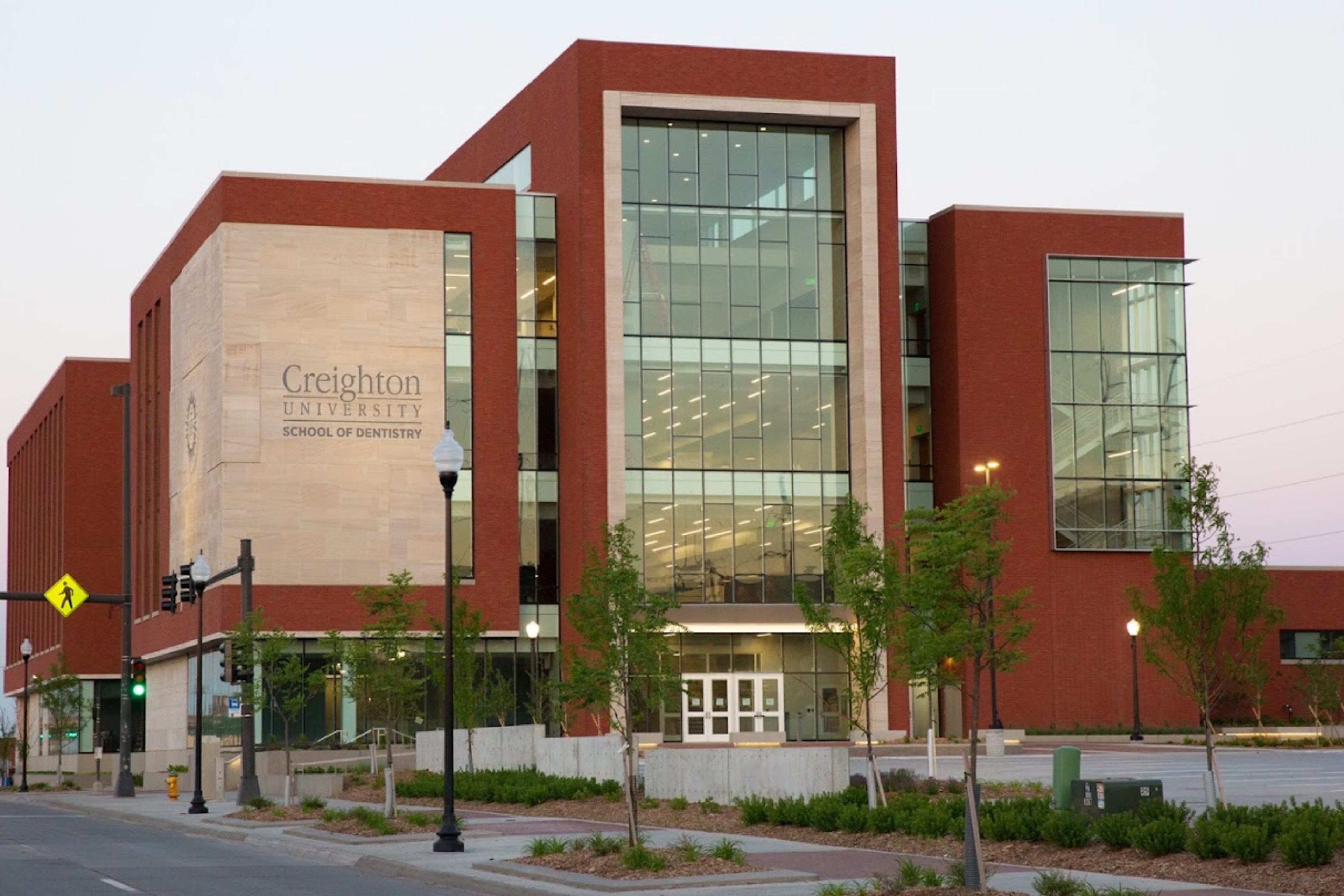
Table of Contents
How Hard Is It to Get Into Creighton Dental School?
Creighton University School of Dentistry is a private dental school located in Omaha, Nebraska. It is one of the more accessible dental programs in the country, with an emphasis on clinical experience, ethics, and service to underserved populations. The dental school receives around 2,000 applications per year and enrolls just over 115 first-year students. While the acceptance rate is not officially published, based on enrollment data, it is estimated to be between 5% and 6%.
Most accepted applicants have competitive academic profiles and meaningful service activities in oral health or clinical care. Strong applicants typically have above-average DAT scores (around 20–21), high science GPAs, and meaningful clinical or service experience.
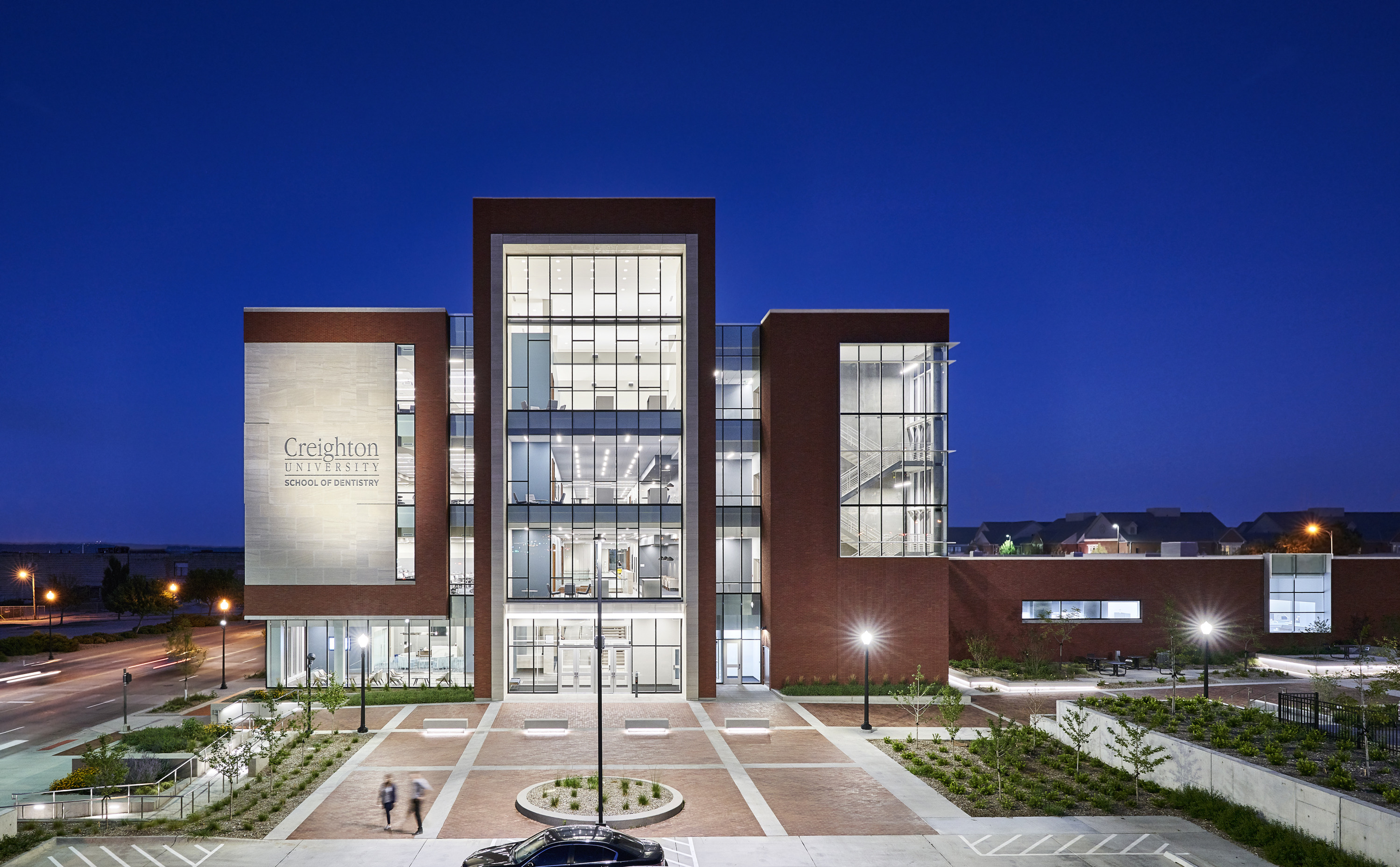
The admissions committee uses various criteria to evaluate applicants, including academic performance, clinical experience, and service to underserved populations. They look for more than academics—they prioritize applicants who show maturity, a clear understanding of the dental profession, and a commitment to serving others, especially underserved populations. Students who align with Creighton’s mission of ethical practice, compassion, and community care are more likely to stand out.
Creighton Dental School Admissions Statistics
| Metric | Data |
|---|---|
| Applicants | 2,072 |
| Enrollment | 460 total |
| First-Year Students | 117 |
| Mean GPA | 3.72 |
| Mean Science GPA | 3.64 |
| Mean DAT Academic Score | 21 |
| Mean DAT Perceptual Score | 21 |
| Mean DAT Total Science | 20 |
| Acceptance Rate (Estimated) | ~5.6% |
Source: Creighton School of Dentistry Class Profile
Programs Offered by Creighton School of Dentistry
Doctor of Dental Surgery (DDS)
Creighton’s four-year DDS program combines foundational training in the basic sciences with extensive clinical experience. Students begin with courses in anatomy, physiology, pathology, and microbiology, then move into hands-on instruction in diagnostics, pain management, and patient care. Clinical training starts early and increases in complexity each year, with students eventually providing comprehensive dental care in Creighton’s campus-based clinic. The program emphasizes professional communication, ethical practice, and service to underserved populations, preparing graduates for general dentistry or future specialization. The program also utilizes advanced tools and technologies to enhance the learning experience for students.
Post-Baccalaureate Pre-Dental Program
For individuals who need additional academic preparation before entering dental school, especially those who have already obtained a bachelor's degree, Creighton offers a four-semester post-baccalaureate program. This track is designed to help students strengthen their science background—especially in biology, chemistry, and physics—and demonstrate their readiness for dental school. Participants receive support through faculty mentorship, academic advising, and a curriculum tailored to the admissions expectations of the School of Dentistry.
Master of Science in Oral Biology
The MS in Oral Biology program provides advanced graduate education in areas such as oral anatomy, physiology, and dental materials. It also includes research training for students interested in academic or scientific careers. The program is ideal for future dental educators or researchers who want to contribute to innovation in oral health. Coursework is complemented by faculty-guided research projects, offering opportunities for students to participate in research and present their findings at academic conferences.
Visit the Creighton School of Dentistry Programs
Creighton Dental School Class Profile (2024-2025)
| Category | Data |
|---|---|
| Female Students | 55 |
| Male Students | 62 |
| Age Range | 20–33 |
| Average Age | 23 |
| U.S. States Represented | 30 |
| Countries Represented | 3 (U.S., Canada, Kuwait) |
| Top Feeder States | Minnesota, Wisconsin, North Dakota, Idaho, Nebraska |
Creighton Dental School Admissions Requirements
Admission to the Creighton University School of Dentistry is competitive, and the admissions committee uses a holistic process to evaluate applicants. Academic performance, clinical exposure, service activities, and professionalism are all reviewed together. The committee looks for students who not only meet academic benchmarks but also demonstrate a genuine interest in the dental profession and a commitment to patient-centered care.
Academic Requirements
A bachelor’s degree from an accredited institution is not mandatory but strongly preferred, and it is one of the key criteria used to evaluate applicants. While students from a wide range of majors are accepted, most admitted applicants have completed coursework in biology, chemistry, physics, or related sciences from a four-year institution. A strong science foundation is critical for success in the DDS program’s rigorous curriculum.
DAT Score Requirements
Applicants must meet the school’s minimum DAT score thresholds to qualify for consideration. Creighton requires a minimum score of 17 in three key areas: Academic Average, Total Science, and Perceptual Ability. DAT scores are valid only if taken between June 1, 2021, and December 31, 2024. Applicants who fall below the required minimums must retake the test for their application to be reviewed.
| Section | Minimum Score |
|---|---|
| Academic Average | 17 |
| Total Science | 17 |
| Perceptual Ability | 17 |
Dental Shadowing Requirement
To be eligible for admission, applicants must complete a minimum of 65 hours of shadowing in the dental field. This experience may include time spent with general dentists or dental specialists. Shadowing should reflect meaningful exposure to the daily responsibilities of practicing dentists and show that the applicant understands the demands of the profession.
Letters of Recommendation
Three letters of recommendation are required and must be submitted through the ADEA AADSAS application service. At least one letter must come from a science professor who has taught the applicant in a college-level course. Strong letters speak to an applicant’s academic performance, character, communication skills, and potential for success in a clinical setting.
Interview Process
Applicants invited to continue will:
- Complete a virtual interview with a member of the admissions committee
- Attend a mandatory in-person presentation on campus, which includes a curriculum overview, student affairs info, and a school tour
Visit the Creighton Dental School Admissions Requirements
Creighton Dental School Application Process (2024–2025)
| Phase | Date |
|---|---|
| ADEA AADSAS Opens | May 14, 2024 |
| First Day to Submit Application | June 4, 2024 |
| Creighton Supplemental Application Opens | June 10, 2024 |
| Application Deadline | December 31, 2024 |
| Document & Supplemental Deadline | January 6, 2025 |
| Interview Season | September 2024 – February 2025 |
| First Acceptance Notifications | December 13, 2024 |
Visit the Creighton Dental School Admissions Dates and Deadlines
Creighton Dental School Tuition and Financial Aid (2025)
The cost of attendance for first-year dental students at the Creighton University School of Dentistry is among the highest expenses students will encounter in their academic careers. The total cost for the 2025 academic year is $94,982, which includes tuition, fees, and required educational materials. This figure reflects the full academic year and is consistent with other private dental schools across the country. The high cost of attendance often results in significant educational debt for students, which can impact their financial health after graduation.
Tuition alone is $76,932 for the first year. Additional required costs include a $1,630 university fee, a $630 technology fee, and $10,874 for supplies, instruments, and materials—commonly referred to as the BSIM fee. Health insurance is mandatory for all students unless waived through proof of comparable coverage, and it is estimated at $3,916 for the year.
| Category | Cost |
|---|---|
| Tuition | $76,932 |
| University Fee | $1,630 |
| Technology Fee | $630 |
| Supplies, Instruments, and Materials (BSIM Fee) | $10,874 |
| Health Insurance | $3,916 |
| Total | $94,982 |
Creighton recognizes the financial burden of dental education and provides financial support through scholarships, grants, and loans. More than 125 scholarships are awarded each year to dental students. These awards are distributed based on both need and merit, with amounts ranging from $500 to $24,000. Students are automatically considered for scholarship funding through their application materials—no separate application is required. In addition to internal scholarships, students are encouraged to apply for federal financial aid by completing the FAFSA. Loans, including Federal Direct Unsubsidized and Graduate PLUS loans, are common options for covering remaining costs.
More information is available through the Creighton School of Dentistry financial aid office and the official cost of attendance page.
5 Tips to Strengthen Your Dental School Application
1. Prioritize Long-Term Service with Real Impact
Creighton values applicants who’ve made a sustained difference in underserved communities. Go beyond one-off volunteer hours—commit to long-term roles in clinics or nonprofits where you’ve seen the impact of oral health disparities firsthand. In your application, focus on what you learned and how it shaped your understanding of the dental profession.
2. Choose Recommenders Who Can Speak to More Than Academics
Strong grades are expected, but standout letters highlight maturity, professionalism, and ethical judgment. Ask for letters from people who’ve seen your work in clinical or professional settings—especially those who can vouch for your readiness to treat patients with empathy and responsibility.
3. Strengthen Key DAT Sections That Reflect Clinical Readiness
Meeting the 17 minimum scores isn’t enough. Boost scores in areas like Perceptual Ability and Total Science, which show your preparedness for hands-on work and science-heavy coursework. Upward trends matter—focus on improving your weakest sections if you’re retaking the exam.
4. Reflect on Shadowing With Depth, Not Just Hours
Creighton requires 65 hours of shadowing, but how you reflect on that time matters more. In your application or interviews, describe specific patient encounters or ethical moments you observed. This shows maturity and a real grasp of the human side of dentistry.
5. Use the Campus Visit to Show Cultural and Mission Fit
The in-person presentation isn’t just a tour—it’s your chance to show alignment with Creighton’s Jesuit values. Ask thoughtful questions, engage with faculty, and reference what you learn in follow-ups. This shows emotional intelligence and signals genuine interest in the school’s approach to education and service.
The Bottom Line
Creighton Dental School offers a balanced, mission-driven dental education rooted in hands-on clinical experience, ethical practice, and a commitment to serving diverse and underserved communities. While the program is slightly more accessible than some private dental schools, applicants still face a competitive admissions process and must demonstrate strong academic performance, meaningful service work, and a clear understanding of the dental profession. With robust training in basic sciences, early patient care, and opportunities for research or advanced study, Creighton prepares students not just to become skilled dentists—but professionals who lead with compassion and integrity. For those aligned with its values and ready to commit to the demands of dental education, Creighton is a strong option worth serious consideration.
Work With a Coach to Improve Your Dental School Application
Leland has admissions experts who’ve helped students get into dental schools like Creighton, UCSF, and NYU. If you want support with your essays, DAT prep, or application strategy — work with a coach. Browse Dental School Admissions Coaches.
Related Articles
- How Many Shadowing Hours for Dental School? The Ultimate Guide (2025)
- How Much Does It Cost to Go to Dental School (2025)
- How to Stand Out in Your Dental School Application
- How to Get Into Dental School with a Low GPA
- How to Get Into Dental School: 5 Things to Do
- What Do You Learn in Dental School?
FAQs
How hard is it to get into Creighton Dental School?
- Creighton Dental School is selective, with an estimated acceptance rate of around 5% to 6%. While slightly more accessible than some other private dental programs, applicants still need strong DAT scores, a solid science GPA, and meaningful clinical and service experience. The admissions committee uses a holistic review process, evaluating academic readiness, professionalism, and alignment with the school’s mission to serve underserved populations.
What is the easiest dental school to get into?
- No dental school is truly “easy” to get into, but some programs have higher acceptance rates or lower average DAT and GPA thresholds than others. Acceptance can depend heavily on in-state preference, applicant pool strength, and mission alignment. While Creighton Dental School is considered more accessible than many private institutions, it still maintains competitive academic and experiential expectations.
What is special about Creighton Dental School?
- Creighton University School of Dentistry is known for its early clinical exposure, emphasis on comprehensive dental care, and commitment to excellence in education and patient care. The school’s mission-driven education is rooted in Jesuit values. Students train in a state-of-the-art facility and treat real patients throughout the program. The school prioritizes service, professionalism, and access to care, especially for underserved communities, making it a strong fit for applicants interested in community-focused dentistry.
Does Creighton University have a dental program?
- Yes, Creighton University has a fully accredited dental program that offers the Doctor of Dental Surgery (DDS) degree. The program spans four years and combines basic science education, clinical training, and service learning. Creighton also offers a Post-Baccalaureate Pre-Dental Program and a Master of Science in Oral Biology for students pursuing academic or research careers in dentistry.



